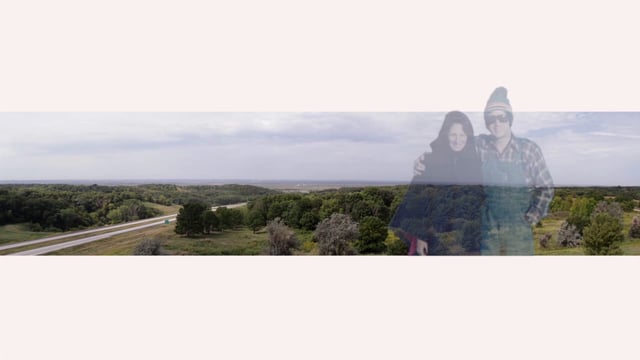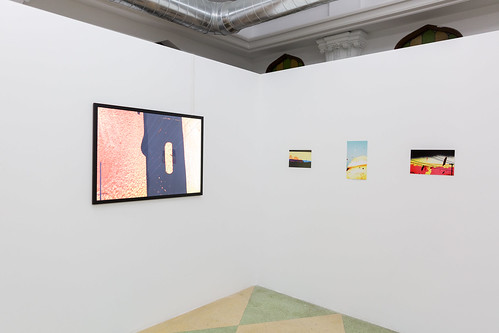Location: Holyoke, MA -- Houston, TX
Website: www.julesrosskam.com
Jules Rosskam (b.1979 Illinois) is an interdisciplinary artist interested in liminal spaces: the space between male and female, between documentary and fiction, between moving image and still. The liminal is a space in which identity dissolves, bringing about disorientation and the possibility of new perspectives. This space is a threshold. It allows an active exchange of ideologies, concepts and methodologies. Rosskam's interdisciplinary practice investigates the means by which we construct individual and collective histories and identities. These explorations are grounded in a variety of theoretical frameworks, including ethical philosophy, post-colonialism, queer theory, transgender studies, and psychoanalysis, among others. He is working from, and within, a history of artists whose cultural productions work in tandem with political movements. Recent screenings and exhibitions include the Thessoliniki Biennale (Greece), British Film Institute (London), Leather Archives and Museum (Chicago), Filmhuis Cavia (Amsterdam). Recent residencies include Yaddo (Saratoga Springs), ISSUE Project Room (Brooklyn), The Summer Forum for Inquiry and Exchange (New Harmony), The Flaherty Film Seminar, New England Filmmakers Fund (Hamilton). Recent grants include Crossroads Grant Foundation, The Funding Exchange, Illinois Arts Council Grant, Astraea Lesbian Foundation for Justice Grant. His work has been published in Women and Performance, Transgender Studies Quarterly, and Make/Shift Magazine. Rosskam holds an MFA from the School of the Art Institute of Chicago (Film, Video, New Media, 2008).

